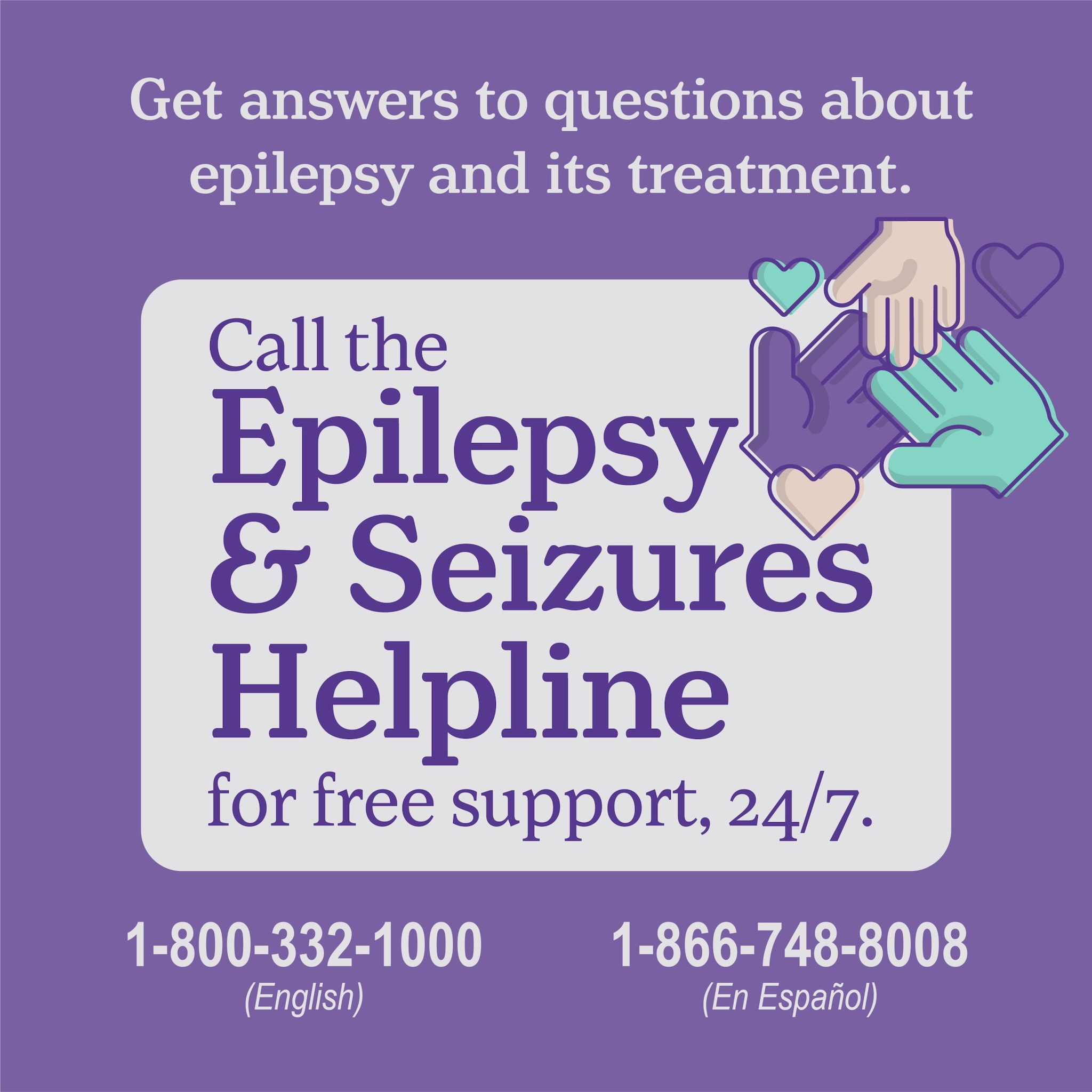Key points
- Anti-seizure medicines are used to stop seizures.
- Other treatments may help some people with epilepsy.
- See a neurologist or epileptologist (a neurologist who specializes in epilepsy) if your seizures don't stop.

Diagnosis and treatment
Diagnosis
It is important for doctors to understand the cause of your seizures so they can identify the type of epilepsy you have and the best treatment for you.
Be sure to talk with your health care provider, who will:
- Look for the causes.
- Prescribe anti-seizure medicine or other treatment, if needed.
- Answer your questions about epilepsy.
- Refer you to an epilepsy specialist, if needed.
Treatment
The most common treatments for epilepsy are medicine, surgical procedures, seizure devices, and a special diet.
Medicine
Anti-seizure medicines limit the spread of seizures in the brain. It may take time to find the right medicine. Sometimes you'll need a combination of medicines. It's very important to take your medicine as prescribed.
Medicines work for about 2 in 3 people with epilepsy.1 If your seizures continue while taking medicine, tell your health care provider right way. They make want to change the amount or type of medicine you take.
Side effects
Medicines can cause side effects like tiredness or trouble thinking. Let your health care provider know if you’re having any side effects, so they can adjust the medicine if needed.
Do not skip or stop taking your seizure medicine
You should not skip or stop taking your seizure medicine without talking to your provider. Suddenly stopping your medicine might cause withdrawal symptoms, including life-threatening seizures.

Surgery
When seizures come from a single area of the brain (focal seizures), surgery might be helpful. Removing the affected area may stop future seizures or make them easier to control with medicine.
Seizure Devices
Vagus nerve stimulation: An electrical device is placed under the skin on the upper chest. It sends energy pulses to the brain through the vagus nerve. This can stop seizures.
Responsive nerve stimulation: An electrical device is placed in the brain to find the area where seizures are coming from. It then sends energy pulses to that area to prevent seizures.
Diet
If medicine doesn’t work and surgery isn’t an option, there are other treatments that might help. Your doctor may suggest:
Ketogenic diet: This is a strict, high-fat, low-carbohydrate diet. It's typically used in children whose seizures won't stop. It’s prescribed by a health care provider and monitored by a dietician.
How to get treatment
Epilepsy specialists
Many kinds of health care providers treat epilepsy. Emergency room doctors, family doctors, or pediatricians are often the first to treat new seizures. They may diagnose epilepsy or refer you to a specialist.
Specialists who treat epilepsy are:
- Neurologists: Doctors who specialize in the brain and nervous system.
- Epileptologists: Neurologists who specialize in epilepsy.
Epilepsy Centers
An epilepsy center can help if your seizures are hard to control or you need specialized care.
Epilepsy centers have teams that may include:
- Epileptologists (neurologists with special training in epilepsy)
- Neurosurgeons
- Nurses with special training in neurological care
- Physician's Assistants
- Psychologists
- Social workers
- Electroencephalogram (EEG) technicians
Find an epilepsy specialist
- Ask your health care provider for a recommendation.
- Look for a doctor in your area.
- Find the closest epilepsy center to you.
At home care
Self-management is what you do to take care of yourself.
The most important thing you can do is take your anti-seizure medicine as prescribed.
Read tips on how to better manage seizures so you can have a full and active life.
Resources
Epilepsy & Seizures 24/7 Helpline
CDC supports the Epilepsy Foundation's Helpline for people living with or caring for someone with epilepsy. Specialists are available 24 hours a day, 7 days a week to answer your questions and connect you with resources where you live. You can also look up resources online.
English: 1-800-332-1000
Spanish: 1-866-748-8008

- Chen Z, Brodie MJ, Liew D, Kwan P. Treatment outcomes in patients with newly diagnosed epilepsy treated with established and new antiepileptic drugs: a 30-year longitudinal cohort study [published correction appears in JAMA Neurol. 2018;75(3):384]. JAMA Neurol. 2018;75(3):279–286. doi:10.1001/jamaneurol.2017.3949
